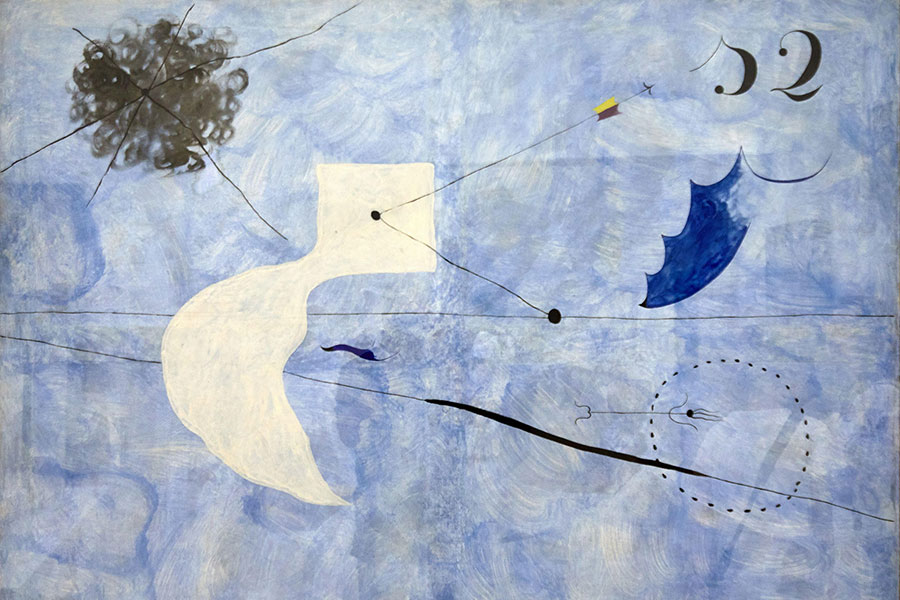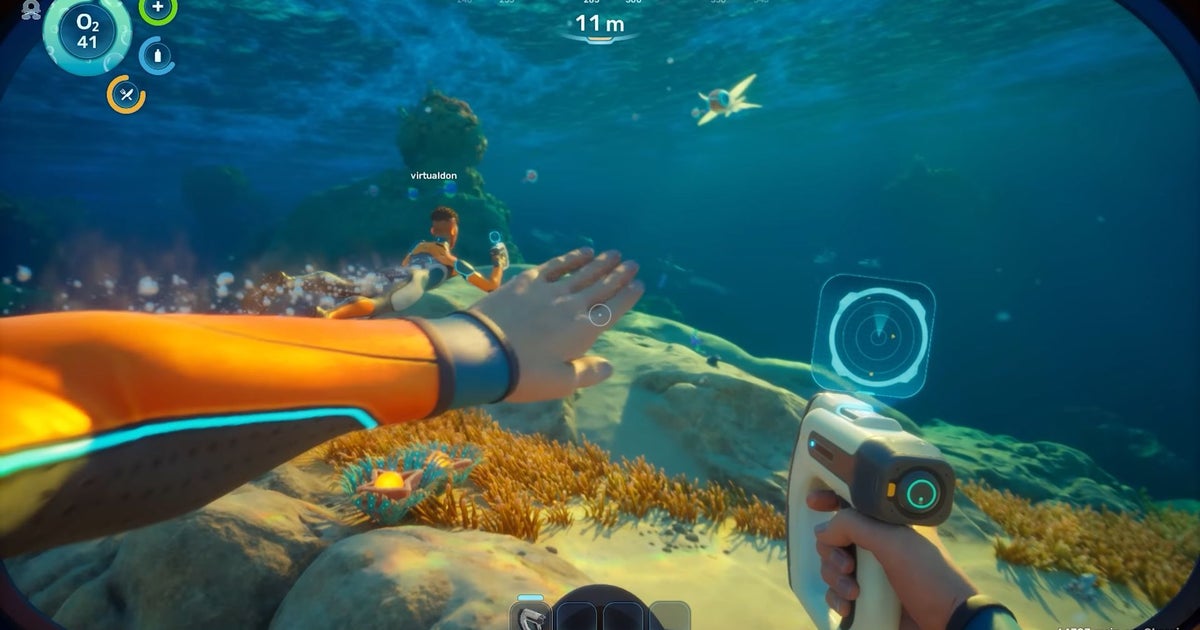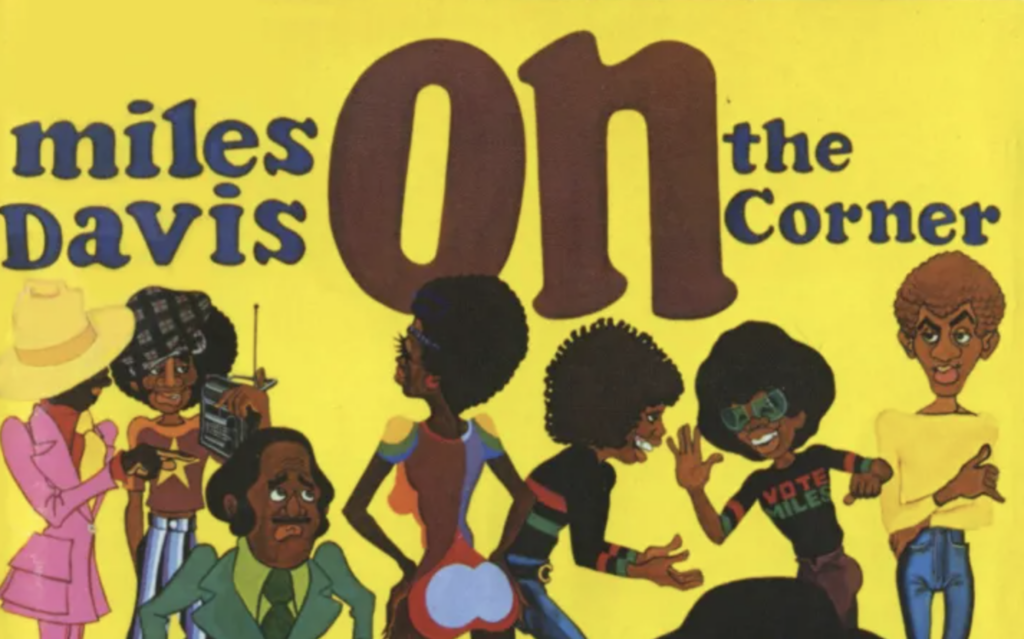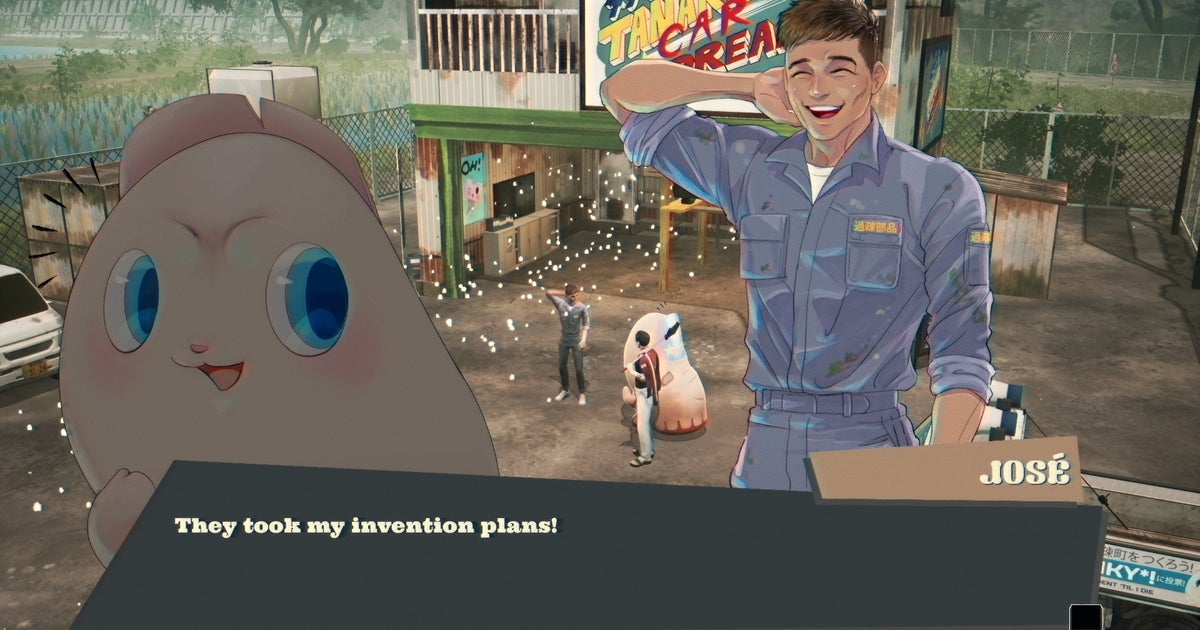Unraveling Hyperpop: The Future of Experimental Music

In June 2020, a significant moment in music history unfolded when Dylan Brady and Laura Les, the creative forces behind the avant-garde duo 100 gecs, engaged in a thought-provoking interview with Skrillex for Paper magazine. Skrillex, a titan in the electronic music scene known for propelling dubstep into mainstream festivals, had a profound influence on both Brady and Les. As they reminisced about their musical journeys, Brady and Les displayed a sense of admiration for Skrillex's impact on their sound. However, an intriguing divergence emerged when Skrillex mused about the unpredictable nature of what resonates with audiences, suggesting that authenticity is paramount. He remarked, "It's never the thing you're just trying to premeditate that is going to be the biggest thing... what connects to people naturally is your most natural, real essence." In contrast, Les expressed a desire to remain rooted in music, stating, "Don't want to be bigger than music. Definitely just want to be music." This exchange encapsulates the essence of hyperpopa genre that defies conventional boundaries and embraces creativity over commercialism.
Hyperpop has become a controversial term for a genre characterized by its exuberant maximalism and eclectic influences, drawing from EDM, SoundCloud rap, and the vibrant world of online gaming. Emerging from the experimental pop landscape of the 2010s, hyperpop seeks to capture the essence of the disassociated online self, allowing artists to explore diverse sounds and aesthetics without the constraints of traditional pop norms. This genre's evolution has birthed offshoots like glitchcore and digicore, terms that often create confusion while illustrating the fluidity and complexity of hyperpop. Within this landscape, Les' assertion that the creative output matters more than the artists themselves highlights a core tenet of hyperpop's ethos.
The term 'hyperpop' itself began as a buzzword, popularized by a Spotify playlist curated by Glenn McDonald in 2019. This playlist aimed to encapsulate the aesthetic of a burgeoning movement that embraced "ebullient electro-maximalism." However, the term's adoption also highlighted a lack of defined parametersunlike traditional pop music, which serves a commercial purpose, hyperpop relies on a more subjective and vibe-driven curation. The genre's nebulousness can be tied to its roots in PC Music, a U.K. record label that emerged in the early 2010s. Critics and audiences alike struggled to define the playful, cyberculture-centric sound that PC Music pioneered, which included tracks like the infamous "Hey QT." This song, along with others from the label, challenged conventional notions of taste, paving the way for a genre that thrived in the post-irony web.
As the decade progressed, the hyperpop landscape saw an explosion of creativity. The genre split into distinct strains, including glitched-out post-hardcore, bass-boosted hits, and zippy synth-pop. Songs like 100 gecs' "Money Machine" became rallying cries for artists with similarly eclectic tastes, leading to a proliferation of unique sound combinations. The shared experiences of creatorsmany of whom are part of the LGBTQ+ communityalso played a role in shaping hyperpop, as they found refuge in gaming and social platforms like Discord. This sense of community fostered a DIY ethos that merged niche interests with mainstream appeal.
However, the term 'hyperpop' has not been without its critics. Some artists, such as the emo-pop sensation glaive, have outright rejected the label, highlighting the ongoing confusion regarding what hyperpop truly represents. The genre has oscillated between being hailed as the future of music and dismissed as a fleeting trend. This push-and-pull can be attributed to the inherent tension musicians feel towards labels that may oversimplify their artistic identities. Yet for many within the hyperpop community, the genre serves as a creative sanctuary, allowing artists like ericdoa to experiment freely, liberated from the constraints of traditional genres.
As the digital realm continues to shape music, hyperpop reflects a desire to exist beyond the physical world, using the internet as a canvas for boundless creativity. A.G. Cook, the founder of PC Music, articulated this vision by emphasizing the importance of computers in producing music that blurs the lines between amateur and professional sounds. While hyperpop has evolved away from its early slickness, the computer remains a crucial link in connecting artists to their audience, creating a surreal pop experience defined by virtual avatars.
Central to hyperpop's cultural landscape is Discorda platform reminiscent of the early internet, where fan communities flourish. Servers dedicated to hyperpop artists, such as the one for 100 gecs, have become vital spaces for collaboration and creative experimentation. Collectives like PlanetZero and NoHeart have emerged from these servers, pushing the genre's boundaries and paving the way for its offshoot, digicore. This subgenre, often conflated with hyperpop, emerged as artists like quinn and kmoe transitioned from gaming communities to music production. While digicore shares roots with hyperpop, its identity remains distinct, often emphasizing a more raw and playful aesthetic.
Despite the challenges of categorization, artists like Jane Remover exemplify the expansive possibilities within the hyperpop and digicore realms. With her 2021 EP "Teen Week," Jane offered a quintessential exploration of genre blending, showcasing her ability to weave together diverse influencesfrom Eurodance to drum 'n' bassinto a cohesive and thrilling sonic experience. As she continues to evolve, her latest project, "Revengeseekerz," stands as a testament to the genre's potential for innovation. The album is a chaotic yet masterful reflection of the internet age and the myriad sounds that define contemporary music.
In contrast, the artist 2hollis emerges as a counterpoint within this artistic landscape, rejecting the hyperpop label while drawing from similar influences. His music, characterized by a more structured composition, eschews the frenetic energy associated with hyperpop, instead channeling a restless pursuit of artistic expression. This divergence highlights the multifaceted nature of modern music, where artists continuously grapple with their identities and the genres that seek to define them.
Ultimately, the interplay between hyperpop and digicore illustrates a broader narrative within contemporary musica struggle to define and embrace the evolving landscape of sound. While some critics argue that hyperpop may not have lived up to its initial promise, its impact on the music industry is undeniable. As artists continue to blend genres and experiment with form, the spirit of hyperpop and its associated microgenres will endure, reshaping the very essence of what popular music can encompass.
























